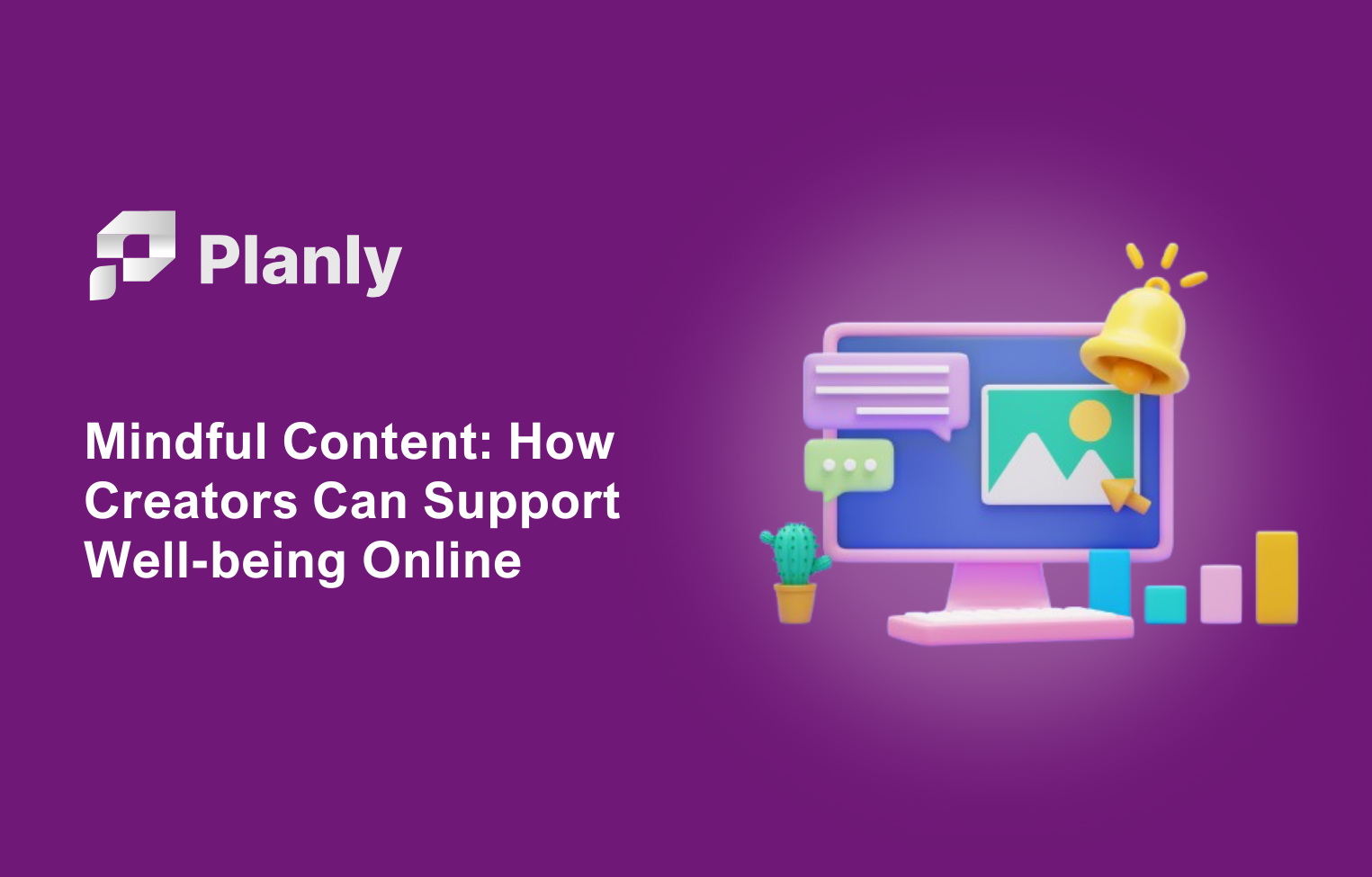Imagine if you were to type a question on the internet and somehow, the answer pops up even before you are redirected to any site. Such a condition exists in zero click searches. For instance, Google provides direct responses on the search results page to questions for which a response exists. This transition is a watershed moment for content producers and marketers, with SEO techniques needing to be rewritten. In this blog, we focus on how zero click searches affect the content on the web and how to adjust in this new age.
What are Zero-Click Searches?
Zero-click searches occur when a user's search query is answered directly on the search results page, without the need for the user to click on any specific result. These answers are often in the form of featured snippets, knowledge graphs, or instant answers, giving users immediate access to the information they seek.
By improving the search experience, zero-click searches provide users with instant gratification, enhancing convenience and saving time. However, for content creators and marketers, this development presents both challenges and opportunities that should not be overlooked.
The Rise of Zero-Click Searches
The rise of zero-click searches can be attributed to several factors. For one, search engines, particularly Google, have evolved their algorithms to prioritize delivering quick and accurate answers to user queries. Additionally, advancements in natural language processing and machine learning enable search engines to understand search intent more accurately, resulting in more relevant and concise answers.
Furthermore, the rise of mobile searches and voice assistants has further accelerated the adoption of zero-click searches. Users on mobile devices, where screen space is limited, appreciate the immediate access to information without having to navigate multiple web pages. Voice assistants, such as Siri or Google Assistant, often rely on zero-click searches to provide verbal responses to user queries.
The Impact of Zero-Click Searches
While zero-click searches enhance user convenience, they can have both positive and negative consequences for content creators and marketers.
Advantages:
Increased Visibility: While zero-click searches may not result in direct website traffic, they present an opportunity to gain significant visibility for your brand. Being featured in a knowledge graph or a featured snippet can significantly boost your online presence, elevating your brand's authority and driving indirect traffic as users may seek further information on your website. To fully leverage the potential of zero-click searches, integrating tools like the best Twitter scheduler can significantly enhance your content strategy by keeping your audience engaged even without direct clicks.
Enhanced User Experience: Zero-click searches prioritize the user's convenience by providing immediate answers to their queries. By optimizing your content for these searches, you can provide valuable information upfront, thereby improving the overall user experience.
Improved Website Authority: Being featured as a trusted source in a knowledge graph or a featured snippet can establish your website as an authoritative and reliable source of information, leading to increased credibility and trust among users. This, in turn, can positively impact your website's ranking in traditional organic search results.
Challenges:
Decreased Click-Through Rates: Zero-click searches can diminish organic click-through rates as users find the information they need without visiting a website. The challenge here is to adapt to this new reality and optimize your content to both satisfy the user's immediate needs and encourage them to seek further information on your site.
Limited Control: Zero-click searches provide quick answers extracted from existing web pages. However, these snippets may not always reflect the full context of your content. Therefore, it's crucial to focus on creating informative and engaging content that prompts users to delve deeper into the topic on your website.
Optimizing Content for Zero-Click Searches

As content creators and marketers, it is vital to optimize your content to reap the benefits of zero-click searches. Here are some essential strategies to consider:
Target Long-Tail Keywords: Long-tail keywords are more likely to trigger zero-click searches as they tend to focus on specific search intents or questions. Conduct keyword research to identify long-tail keywords relevant to your industry and create content that directly answers those queries.
Structure Your Content: Use proper heading tags (H1, H2, H3) to structure your content logically. This helps search engines understand the hierarchy of your information and makes it easier for them to extract snippets for zero-click searches.
Optimize for Featured Snippets: Featured snippets are the prime real estate of zero-click searches. Identify commonly asked questions in your industry and create content that succinctly answers those queries. Implement best practices for formatting, such as using bullet points, numbering, or tables, to increase the likelihood of being featured in a snippet.
Provide Concise Answers: Zero-click searches prioritize concise answers. Focus on providing direct and informative answers to user queries, as this improves your chances of being featured in a featured snippet.
Leverage Structured Data Markup: Implement structured data markup, such as Schema.org, to provide search engines with additional context about your content. This helps improve the visibility and relevance of your content for zero-click searches.
Optimize for Local Searches: Zero-click searches are particularly prevalent when it comes to local searches, such as finding business hours, contact information, or directions. Ensure your website and business listings are optimized with accurate and up-to-date information to increase the chances of appearing in local search results.
Embracing the Future of Search
In conclusion, zero-click searches have transformed the way users interact with search engines and seek information online. As content creators and marketers, it is essential to adapt your SEO strategy to harness the potential of zero-click searches. By understanding the impact, optimizing your content, and providing rich and concise answers, you can position your brand as a trustworthy source of information, enhance user experience, and ultimately drive more traffic to your website. Embrace the future of search and stay one step ahead in this rapidly evolving digital landscape.









